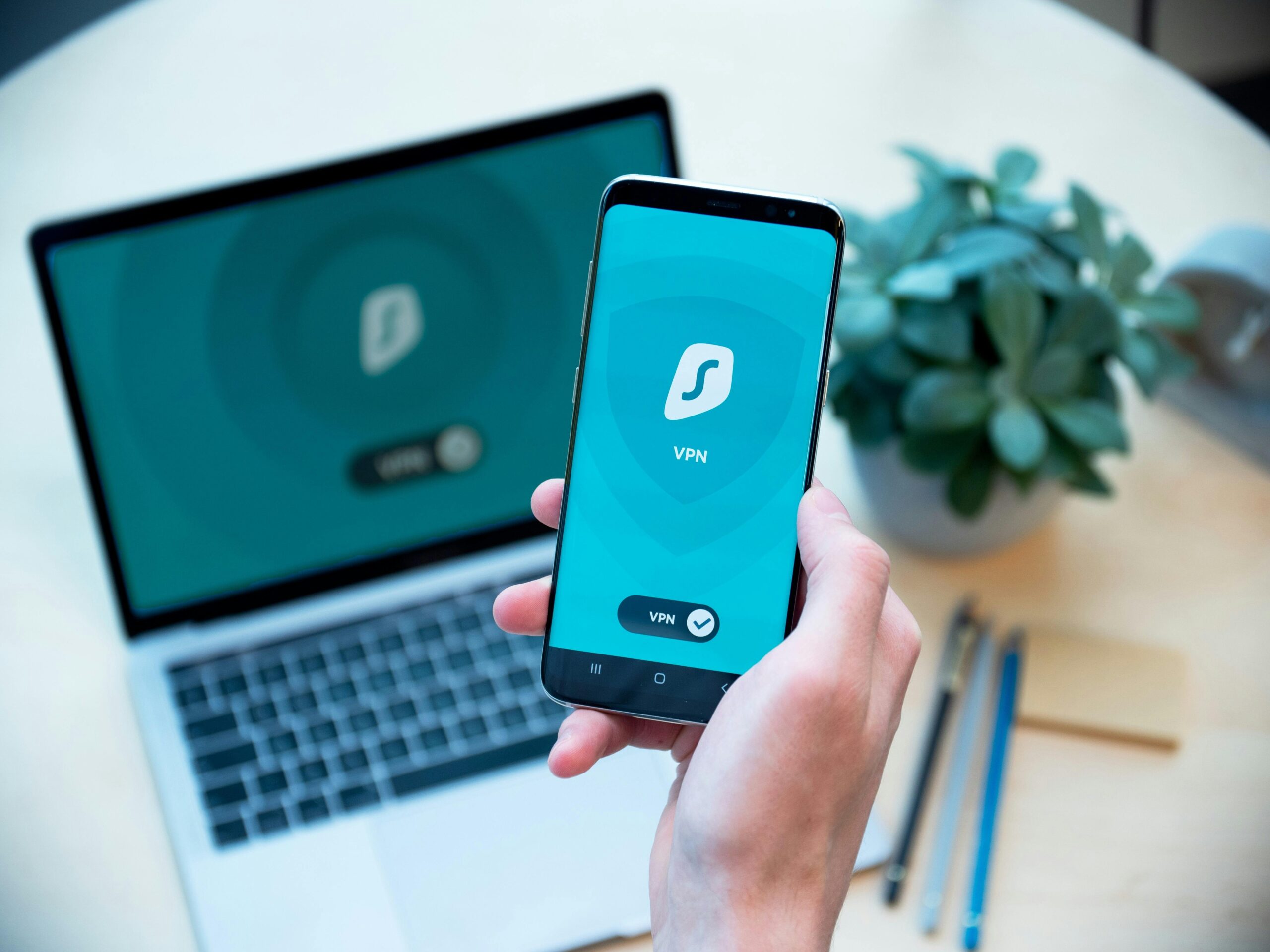
More people are trading online than ever before. Technological advancements mean you can now
more easily use the internet to participate in the markets for stocks, bonds, currencies,
cryptocurrencies, and other financial instruments. Along with disposable income and financial
awareness rising across the globe, the number of traders is booming—and as a result, FatposGlobal reports the online trading platform market is now expected to grow in value from $10
billion to nearly $20 billion between now and 2034.
For traders like yourself, this vibrant market means you all have more software options to add to
your arsenal, inform your trades, and ultimately create better opportunities to turn a profit.
Though you all want to look at charting software, trading journals, backtesting platforms, and
more, you should also consider taking advantage of additional tools that will help improve the
overall speed, performance, and security trading software has to offer.
Of these, the virtual private network (VPN) offers some of the best benefits for your trading
outcomes. Here’s why using a VPN is a must for traders.
It secures your trades
The VPN’s main selling point is security. It creates a personal, encrypted connection between the
devices you use for trading and your VPN provider’s servers, helping hide your information as
you access financial markets on the internet. That means it can help better safeguard the data
stored on the platforms you use, including your passwords and any returns available for
withdrawal. Using a VPN while trading can thus be especially crucial given how vulnerable such
platforms can be to cyber attacks, with The Record revealing crypto funds worth over $1.7 billion
were stolen from crypto platforms in 2023 alone.
VPNs can also aid in enhancing the measures your trading software already leverages to protect
your information. Chief among these is the use of anti-fraud systems. anti-fraud systems use AI, machine learning, and data analytics to detect suspicious behavior.
They can thus spot activities like cyber scams and identity theft, which is why they’re used by
many businesses in the financial sector. In particular, VPNs can help bolster your defenses
against the phishing cyber scams many traders are vulnerable to. Though they can’t directly shield
you from receiving fake emails linking to fraud trading sites, many VPNs offer blocklist features
that prevent you from visiting those sites and getting your data stolen once you click on an
offending link.
It bypasses geo-restrictions
Because VPNs provide private internet connections, they can help hide your IP address. That
means you can use sites with servers located pretty much anywhere in the world where your VPN
provider also hosts servers. In doing so, VPNs can help you bypass geo-restrictions and open up
opportunities for you to turn a profit in markets that would have otherwise been inaccessible to
you. This IP-masking feature can also be handy if you travel often for business or leisure, as it
will allow you to continue trading even across international borders. That way, you won’t miss
out on key market opportunities even if you’re away from home.
Using a VPN to trade without geo-restrictions also allows you to make the most of the other
trading tools you use. That can be especially useful if you trade currencies. Because the forex
market is decentralized across multiple exchanges across the globe, you’ll often run into periods
where trading windows in different locations are open simultaneously. To make sense of things
and finalize solid trading decisions, you may thus be using our forex calendar. The GoChartingforex calendar defines all past, present, and future economic events that can impact currency pairs
exchanged in various countries. With a VPN helping remove geo-restrictions, you can leverage
more of the information it provides to place better trades across multiple markets.
It prevents bandwidth throttling
In online trading, every second counts. Market data changes in real-time, meaning a slight
fluctuation that occurs right after you place a trade, can significantly impact your returns, no
matter how thoroughly you analyzed your position beforehand. Some kinds of trading are even
structured around this volatility, with Investopedia explaining that day trading
strategies—including swing trading, news-based trading, and high-frequency trading—aim to
help you profit from rapid price fluctuations. As such, traders often ensure that they use high-
speed internet and leverage trading platforms that facilitate fast order executions. With a VPN,
though, you can take things even further.
If your trading efforts consume a significant amount of data, your internet service provider (ISP)
may flag your usage and effectively throttle the bandwidth amount of bandwidth you can use.
Using your VPN’s private internet connection, you can hide that information from your ISP and
avoid experiencing bandwidth throttling altogether. Providers like Wall Street VPN even
specifically design their services to accommodate high-frequency trading networks, which is why
it’s used by major trading institutions—like Regal Investments—and regular online traders alike.
Modern technological advancements mean there are now plenty of platforms and tools you can
take advantage of to make the most out of the trading opportunities financial markets offer.
Thanks to the improved security, accessibility, and internet speed VPNs offer, using them means
you can increase your success rates even further.